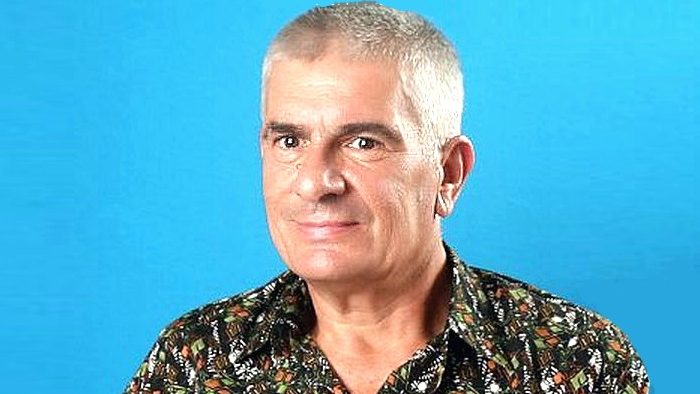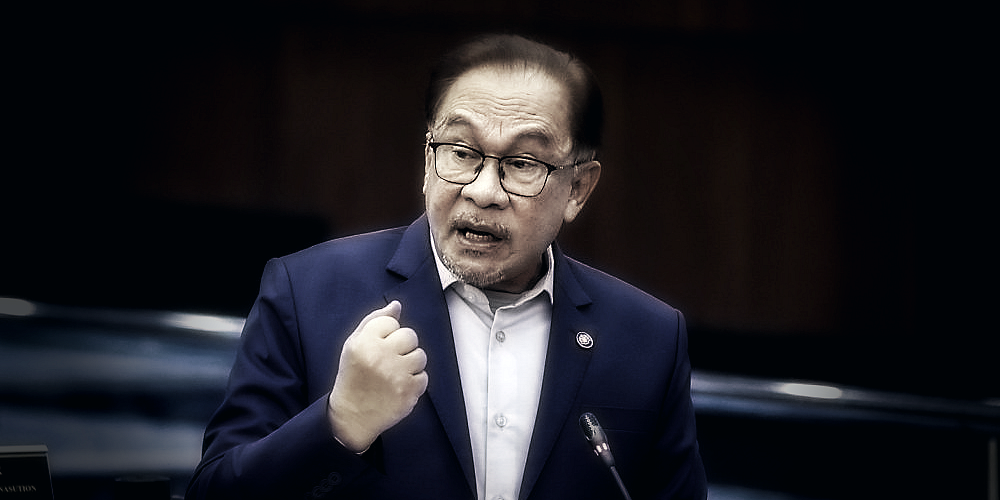
After one year of the Anwar administration, there is now much reflection upon what type of government it really is.
The firebrand student activist and co-founder of the Muslim student movement Angkatan Belia Islam Malaysia (ABIM) Anwar Ibrahim was recruited into Umno by former prime minister Mahathir Mohamed in 1982 to strengthen the government’s Islamic credentials.
As a consequence, Anwar held numerous cabinet portfolios and eventually became the deputy prime minister (DPM), as the anointed successor to Mahathir.
In 1984 as education minister, Anwar controversially renamed the national language Bahasa Malaysia to Bahasa Melayu. This was criticised at the time for giving the appearance the national language belongs to the Malays only.
Anwar and Mahathir together Islamised the government and education system. This had a great effect upon the Malay culture. Secularism of government was “watered down”.
Anwar and Mahathir pursued the creation of crony capitalists with special favouritism on the assumption that once they became successful, they would assist other Malay businesses rise.
Anwar was appointed finance minister in 1991. During the Asian Financial Crisis in 1997, Anwar supported free market principles, including deregulation and a floating exchange rate.
Anwar wanted to accept an IMF bailout like other nations in the region in exchange for hard austerity measures.
Anwar was strongly against bailouts of fledgling companies and instituted spending cuts amounting to 18 percent of the budget, “freezing” some of Mahathir’s pet projects.
These initiatives were against Mahathir’s philosophy of pegging the ringgit to the US dollar, and the introduction of strict capital controls.
Anwar also introduced the Anti-Corruption Act 1997, scarring many of Mahathir’s cronies at the time.
Anwar made the front cover of Time magazine, captioned as a new breed of Asian leader, Western in outlook, and interested in democracy and human rights.
Anwar’s first tenure in government drastically ended with his sacking on 2 September 1998 from all government and Umno party positions.
This was at a time when Indonesia’s president Suharto had just fallen from power, and students marched to the Indonesian parliament calling for the removal of all crony businessmen.
Anwar’s sacking led to protests and demonstrations on the streets of Kuala Lumpur, where the slogan “Reformasi” was borrowed from the Indonesian protests.
The “Reformasi” movement grew into the “Free Anwar” movement after he was imprisoned, which grew into the formation of Parti Keadilan Nasional, and later Parti Keadilan Rakyat (PKR).
PKR, along with the DAP and Amanah formed a “unity government” under the Pakatan Harapan umbrella in November 2022, where Anwar after almost 25 years of struggle became the 10th prime minister of Malaysia.
Anwar’s policies consistent with his first tenure in government
After one year as prime minister, it is clearly evident that Anwar is following on from his policies of the 1990s.
Anwar has steered the government towards continued Islamisation. JAKIM has been given new responsibilities in economic planning and development. There are plans to strengthen syariah law in the near future.
This has also occurred in education, where Islamic civilisation is now taught at every level of school curriculum. An “Iman al-Nawawi’s 40 Hadiths” module has been introduced into schools.
The university quota system is being continued, implying the NEP affirmative action policies are firmly to stay in Anwar’s government.
A Bumiputera economic congress is to be organised next year, along the same lines as the Malay Dignity Congress held under Mahathir in 2020.
The Madani platform Anwar introduced in March makes little mention of “Reformasi”.
Malaysia’s foreign policy has shifted towards the Islamic world since Anwar became prime minister.
In his first press conference as prime minister, Anwar publicly took a congratulatory phone call from Turkish prime minister Recap Tayyip Erdogan, who is considered the leader of the Muslim Brotherhood.
The government’s direct relationship with Hamas in Gaza is testimony to the government’s consistent direction.
In economic policy, the last budget was modelled upon IMF and World Bank philosophies, very consistent with Anwar’s long-held views on economics.
Real economic reforms were absent, other than some peripheral announcements. The 12th Malaysia Plan mid-term review saw that the NEP framework still exists within policy.
Anwar appears to be still in pursuit of completing the job he couldn’t finish as DPM and finance minister two decades ago, before his dismissal in 1998. Anwar is very much maintaining Malaysia’s policy trajectory.
From this perspective, the Anwar administration is more of the same government the rakyat have experienced under 60 years of Barisan Nasional rule. Only the style is different.
Anwar has brought stability to government, not “Reformasi”.

(Murray Hunter has been involved in Asia-Pacific business for the last 40 years as an entrepreneur, consultant, academic and researcher. He was an associate professor at Universiti Malaysia Perlis.)
ADVERTISEMENT
ADVERTISEMENT








































